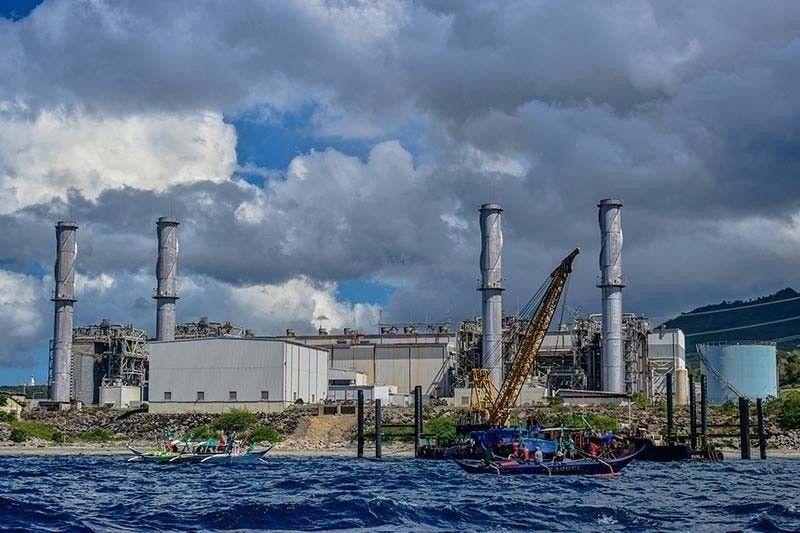IEEFA warns vs rapid expansion of LNG-powered facilities

MANILA, Philippines — The Institute for Energy Economics and Financial Analysis (IEEFA) has warned against the promotion of wholesale expansion of liquefied natural gas (LNG) terminals and power plants in the Philippines, citing its costly implications to the country’s energy future.
In its latest commentary, IEEFA said the Philippines imported its first two shipments of LNG at a combined cost of nearly $90 million or about P5.1 billion, based on official Customs data.
“The price tag for just two cargoes should be a warning sign for the exorbitant LNG import bills to come,” IEEFA LNG and gas research lead for Asia and author of the commentary Sam Reynolds said.
IEEFA estimates that the prices of the Philippines’ first two LNG shipment from UAE and Indonesia equate to roughly $15 and $12 per million British thermal unit (MMBtu), respectively.
It said the two cargoes contained roughly 0.13 million tons of LNG, but official documents have suggested the Philippines could need 3.5 million tons per year to operate the country’s five existing gas-fired power plants.
At current prices, IEEFA said the Philippines’ annual LNG bill could rise to more than $2.5 billion or about P141 billion.
IEEFA explained that global gas markets are undergoing a geopolitical reshuffle following the outbreak of Russia’s invasion of Ukraine, and indications suggest that LNG prices could trend higher in the medium term.
Further, it said LNG costs are extremely volatile.
“IEEFA estimates that LNG costs of $15 per MMBtu would likely result in a final generation price of nearly P8 per kilowatt-hour,” Reynolds said.
“As LNG costs fluctuate wildly, so do the prices that Filipino end-users pay for electricity,” he said.
Given these, IEEFA called the latest draft natural gas circular of the Department of Energy (DOE) as “puzzling” given the government’s goal of lowering the country’s energy costs.
IEEFA said the draft circular aims to make the country “a major player in Asia-Pacific through the development and operation of LNG facilities.”
It will also require electric utilities to procure an unspecified share of their power from natural gas and LNG.
“The draft rules are out of touch with the administration’s goal of lowering power prices for Filipino consumers who already pay among the highest power prices in Asia. Despite utilities’ legal obligation to procure power in the least-cost manner, DOE’s circular would mandate them to increase the country’s dependence on one of the most expensive fuel sources available,” Reynolds said.
- Latest
- Trending






























